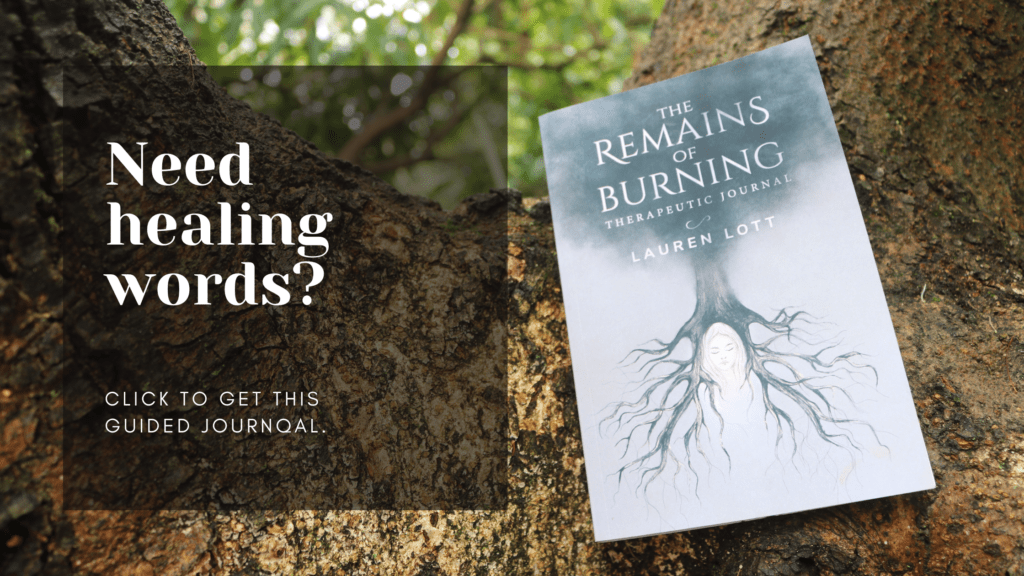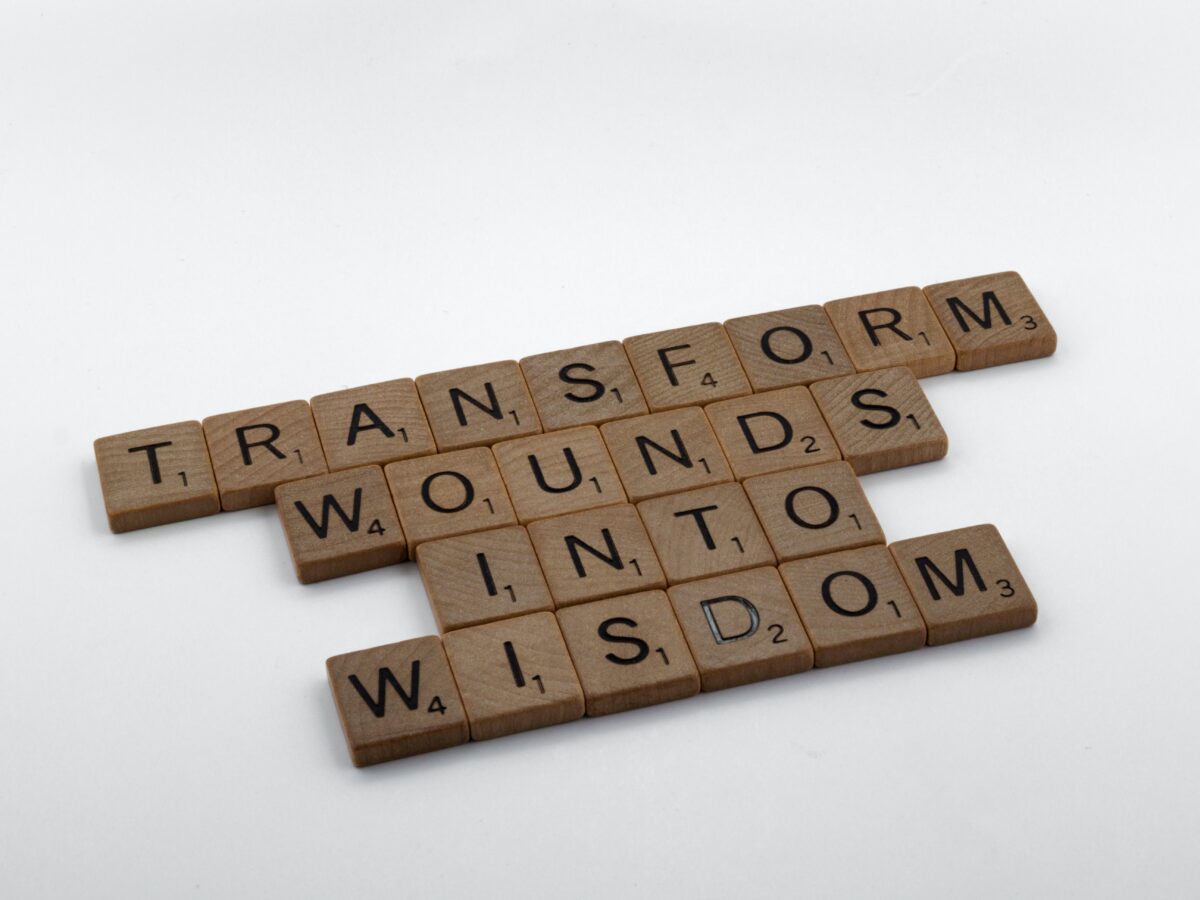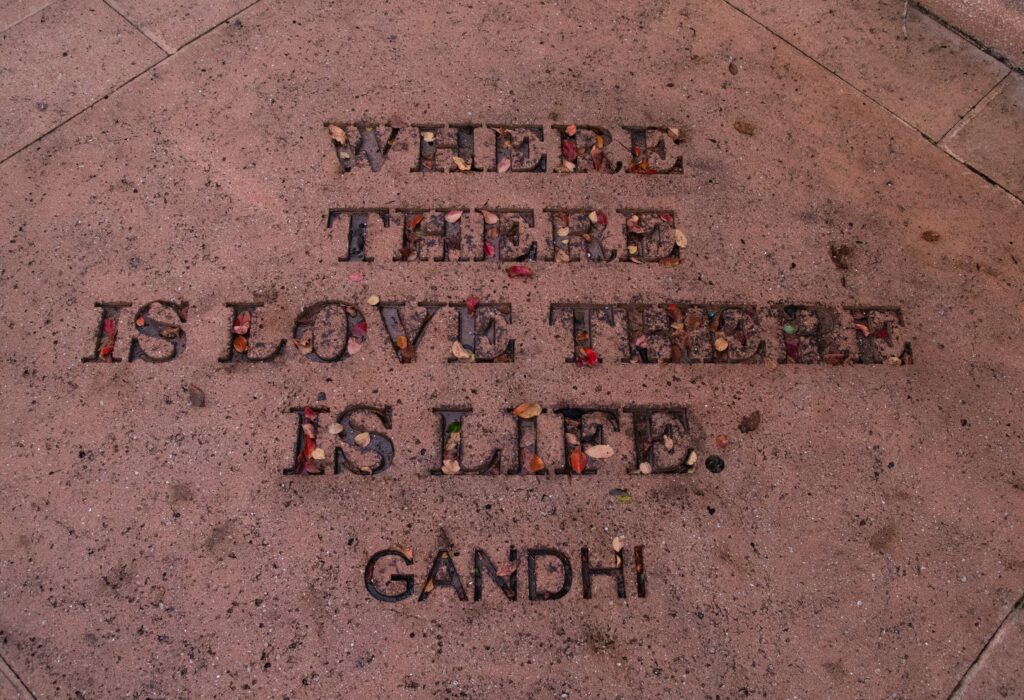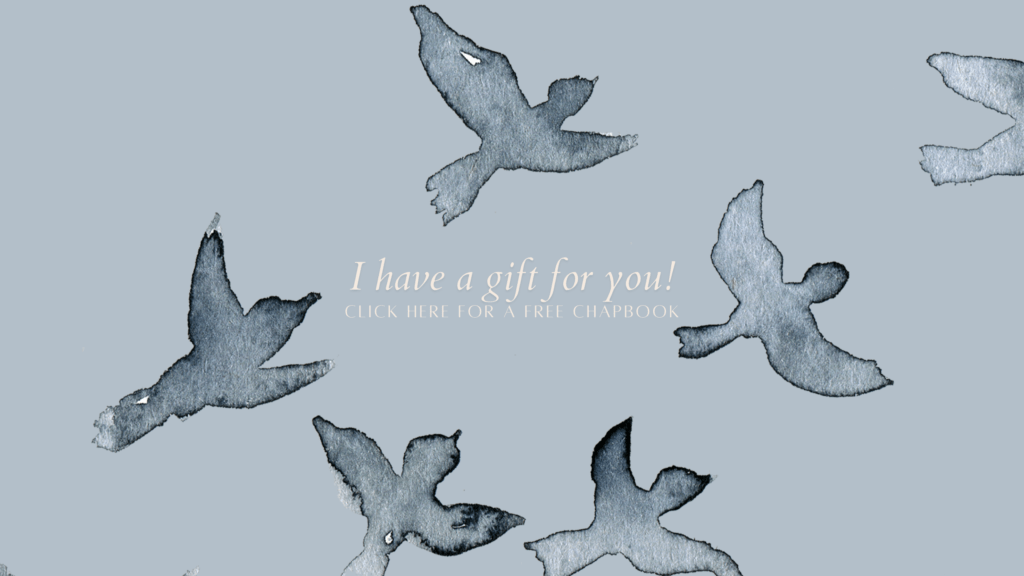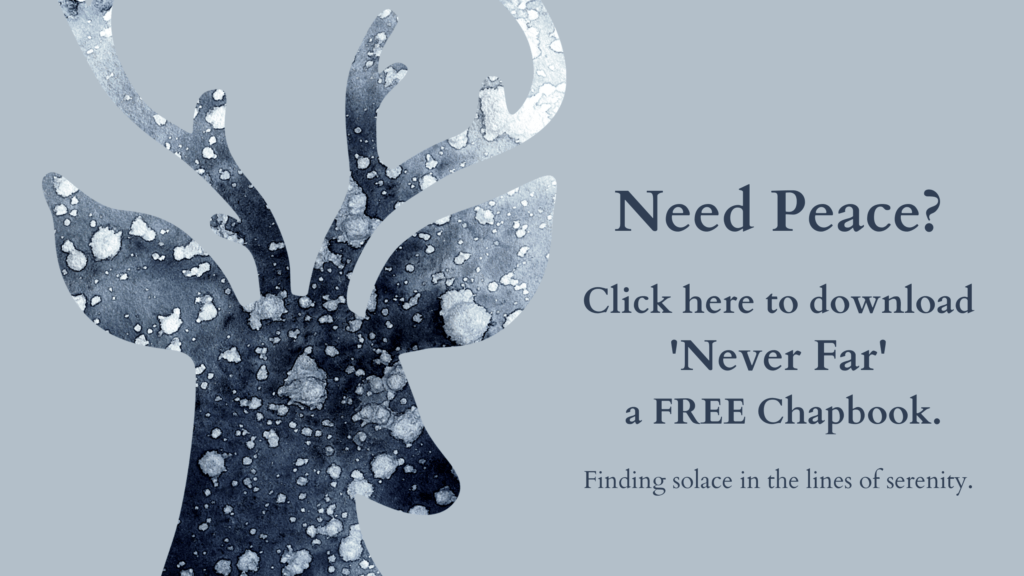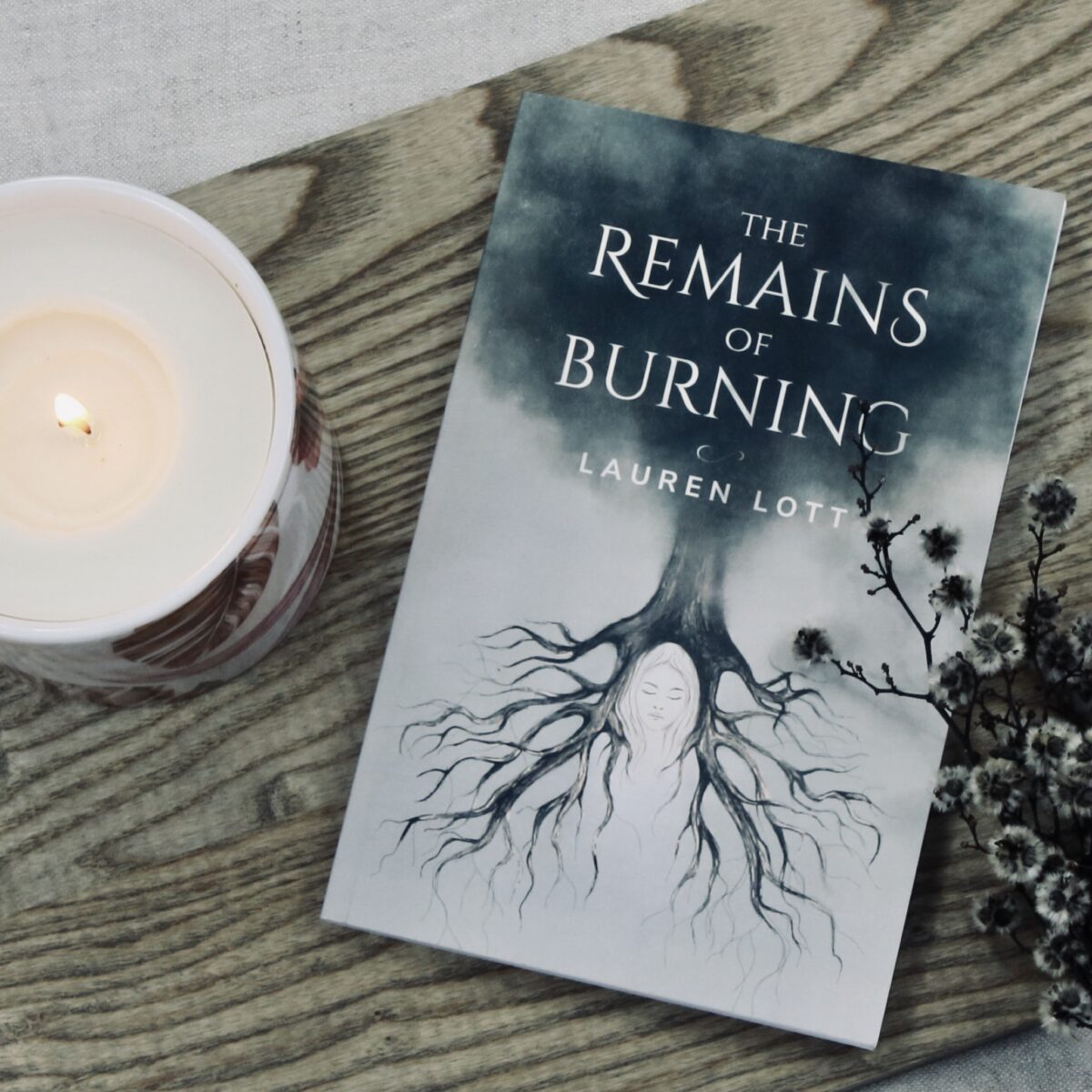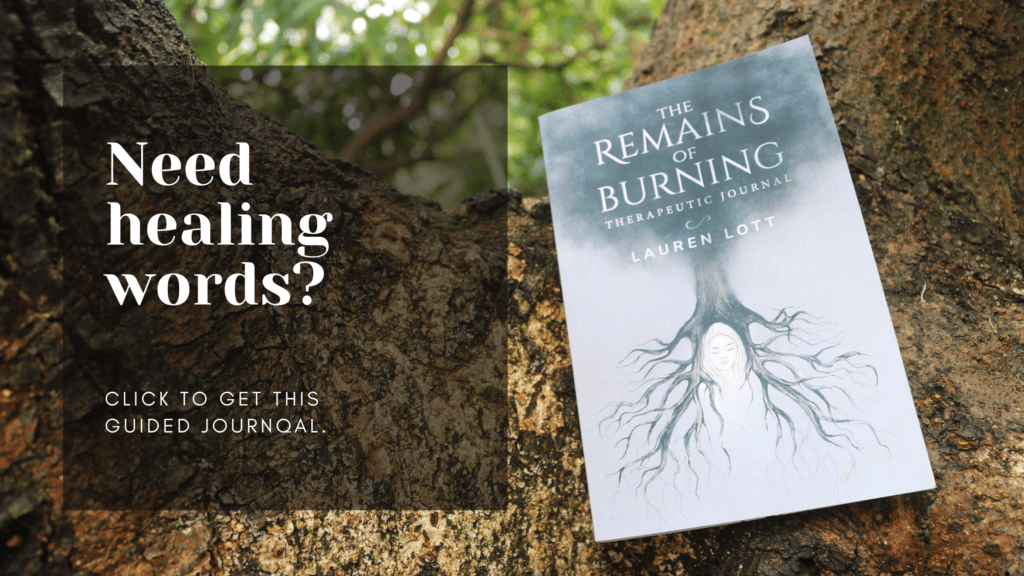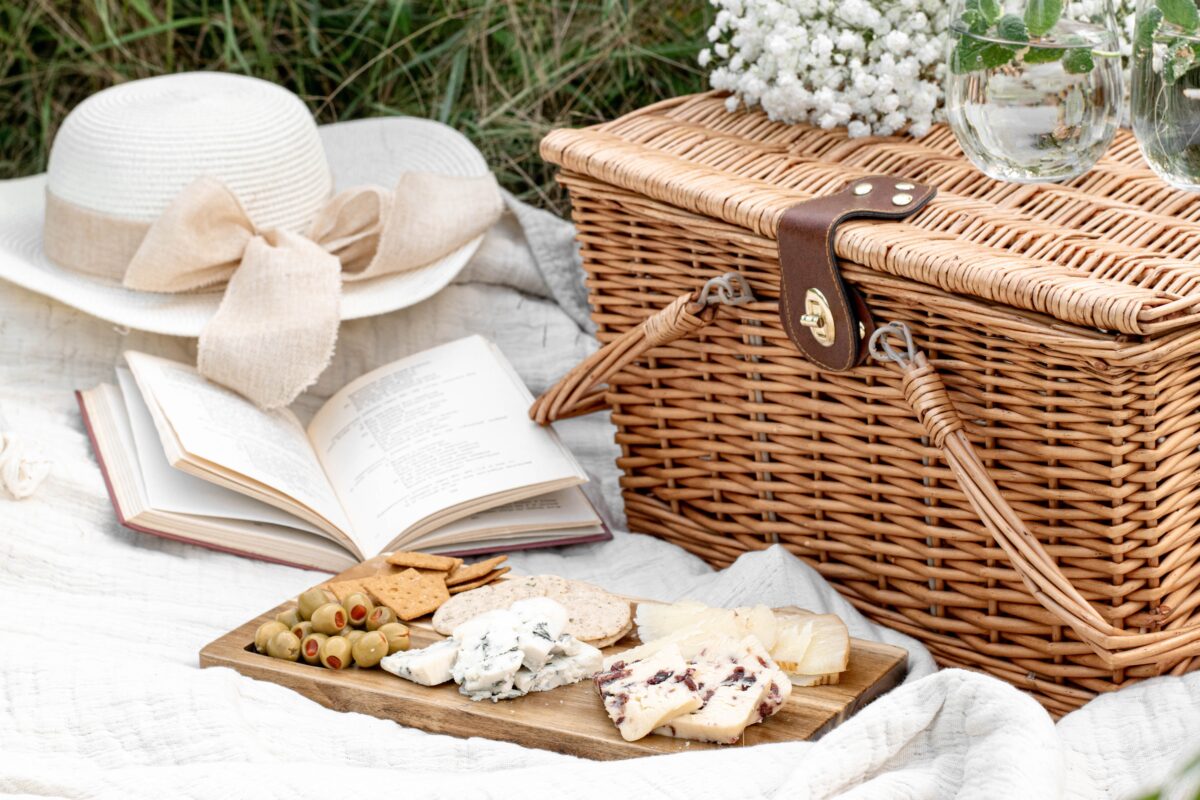Poetry at best is a pomatum, prayer or protest. For me, the healing quality of the right words at the right time, has been the most restorative thing in my life.
And so, with no need for a long intro, here are 5 poems that can be used as a light and liniment in times of sorrow.
Death Is Nothing At All Henry Scott-Holland Death is nothing at all. It does not count. I have only slipped away into the next room. Nothing has happened. Everything remains exactly as it was. I am I, and you are you, and the old life that we lived so fondly together is untouched, unchanged. Whatever we were to each other, that we are still. Call me by the old familiar name. Speak of me in the easy way which you always used. Put no difference into your tone. Wear no forced air of solemnity or sorrow. Laugh as we always laughed at the little jokes that we enjoyed together. Play, smile, think of me, pray for me. Let my name be ever the household word that it always was. Let it be spoken without an effort, without the ghost of a shadow upon it. Life means all that it ever meant. It is the same as it ever was. There is absolute and unbroken continuity. What is this death but a negligible accident? Why should I be out of mind because I am out of sight? I am but waiting for you, for an interval, somewhere very near, just round the corner. All is well. Nothing is hurt; nothing is lost. One brief moment and all will be as it was before. How we shall laugh at the trouble of parting when we meet again!

Do Not Stand At My Grave And Weep Mary Elizabeth Frye Do not stand at my grave and weep I am not there; I do not sleep. I am a thousand winds that blow, I am the diamond glints on snow, I am the sun on ripened grain, I am the gentle autumn rain. When you awaken in the morning's hush I am the swift uplifting rush Of quiet birds in circled flight. I am the soft stars that shine at night. Do not stand at my grave and cry, I am not there; I did not die.

Seasons Of Grief Belinda Stotler Shall I wither and fall like an autumn leaf, From this deep sorrow - from this painful grief? How can I go on or find a way to be strong? Will I ever again enjoy life's sweet song? Sometimes a warm memory sheds light in the dark And eases the pain like the song of a Meadow Lark. Then it flits away on silent wings and I'm alone; Hungering for more of the light it had shone. Shall grief's bitter cold sadness consume me, Like a winter storm on the vast angry sea? How can I fill the void and deep desperate need To replant my heart with hope's lovely seed? Then I look at a photo of your playful smiling face And for a moment I escape to a serene happy place; Remembering the laughter and all you would do, Cherishing the honest, caring, loving spirit of you. Shall spring's cheerful flowers bring life anew And allow me to forget the agony of missing you? Will spring's burst of new life bring fresh hope And teach my grieving soul how to cope? Sometimes I'll read a treasured card you had given me And each word's special meaning makes me see, The precious gift of love I was fortunate to receive, And I realize you'd never want to see me grieve. Shall summer's warm brilliant sun bring new light, And free my anguished mind of its terrible plight? Will its gentle breezes chase grief's dark clouds away, And show me a clear path towards a better day? When I visit the grave where you lie in eternal peace, I know that death and heaven brought you release; I try to envision your joy on that shore across the sea, And, until I join you, that'll have to be enough for me. For all the remaining seasons of my life on earth, There'll be days I'll miss your merriment and mirth, And sometimes I'll sadly long for all the yesterdays; Missing our chats and your gentle understanding ways. Yet, the lessons of kindness and love you taught me, And the good things in life you've helped me to see; Linger as lasting gifts that comfort and will sustain, Until I journey to that peaceful shore and see you again.

The healing Facts Lauren Lott. I know it seems impossible But we can hold in our hearts Peace and pain together. We can feel the rain of sorrow While wrapped in sheets of calm. We can grace the depths of grief Linked with relief, arm in arm. We can ache while arching backward Bathed in soothing sun. We can feel the light in darkest night And hope when death has come.

When Great Trees Fall Maya Angelou When great trees fall, rocks on distant hills shudder, lions hunker down in tall grasses, and even elephants lumber after safety. When great trees fall in forests, small things recoil into silence, their senses eroded beyond fear. When great souls die, the air around us becomes light, rare, sterile. We breathe, briefly. Our eyes, briefly, see with a hurtful clarity. Our memory, suddenly sharpened, examines, gnaws on kind words unsaid, promised walks never taken. Great souls die and our reality, bound to them, takes leave of us. Our souls, dependent upon their nurture, now shrink, wizened. Our minds, formed and informed by their radiance, fall away. We are not so much maddened as reduced to the unutterable ignorance of dark, cold caves. And when great souls die, after a period peace blooms, slowly and always irregularly. Spaces fill with a kind of soothing electric vibration. Our senses, restored, never to be the same, whisper to us. They existed. They existed. We can be. Be and be better. For they existed.
For poetry and writing prompts to process pain and loss take a look at ‘The Remains of Burning’ Therapeutic journal.
